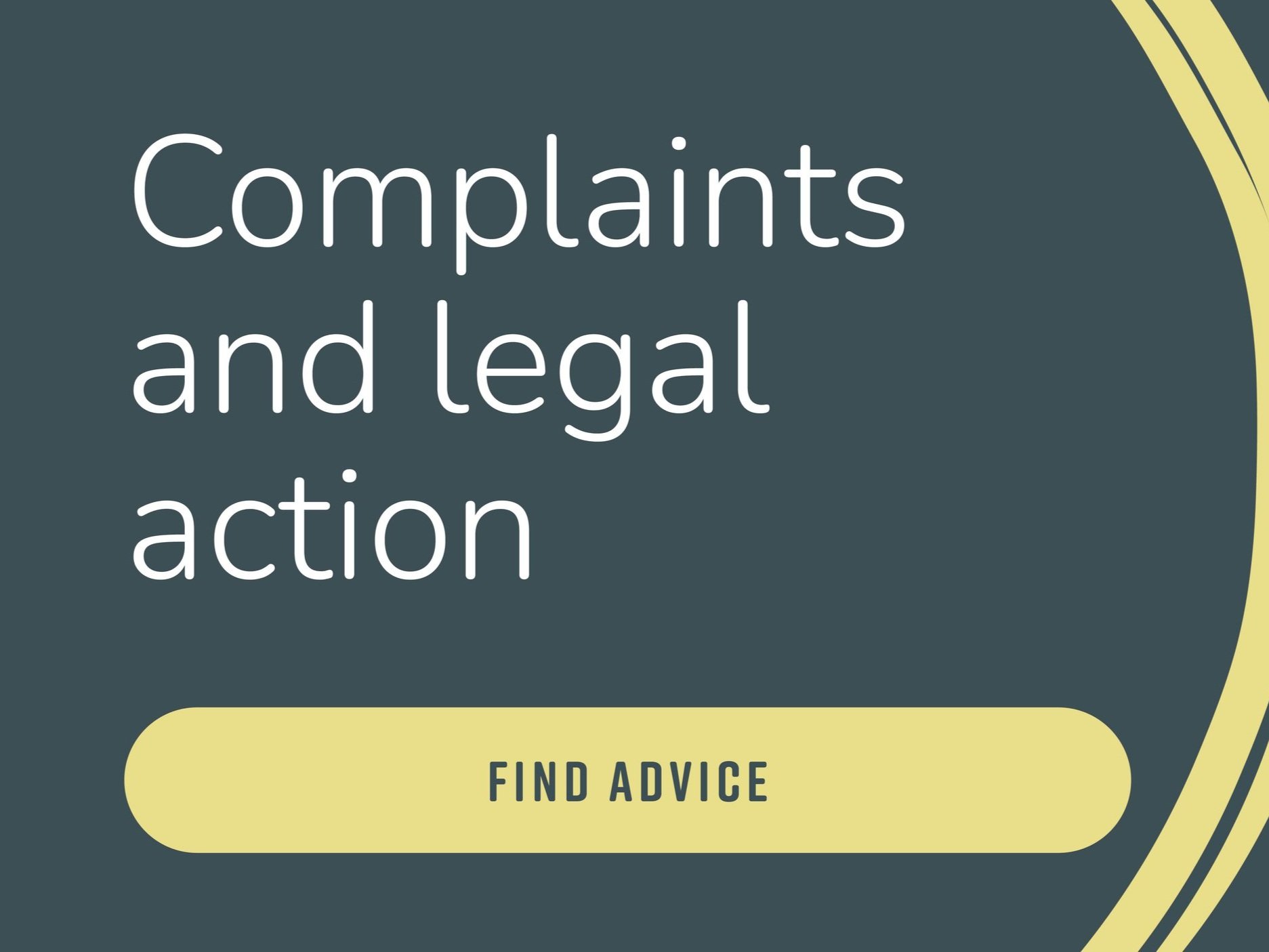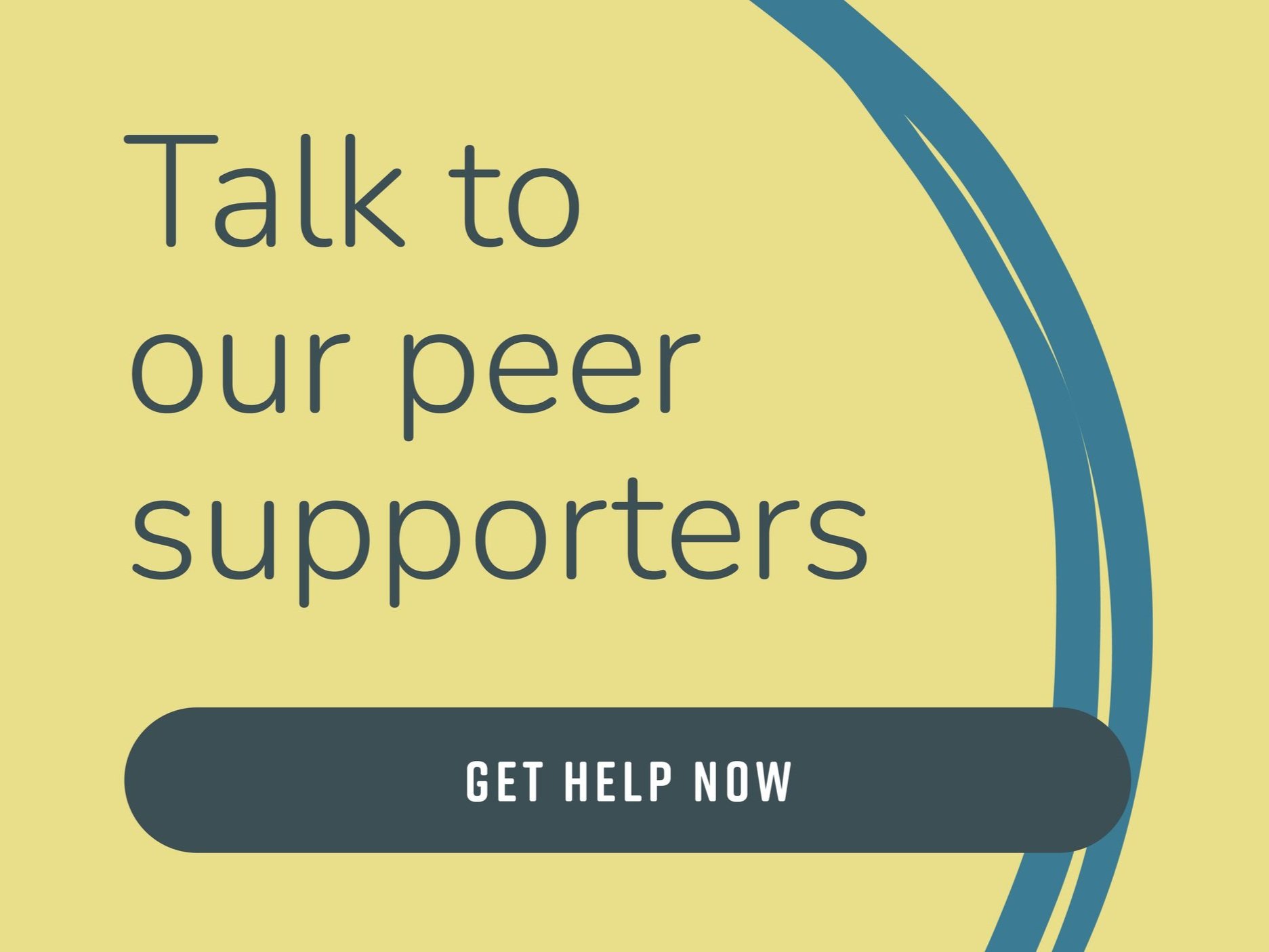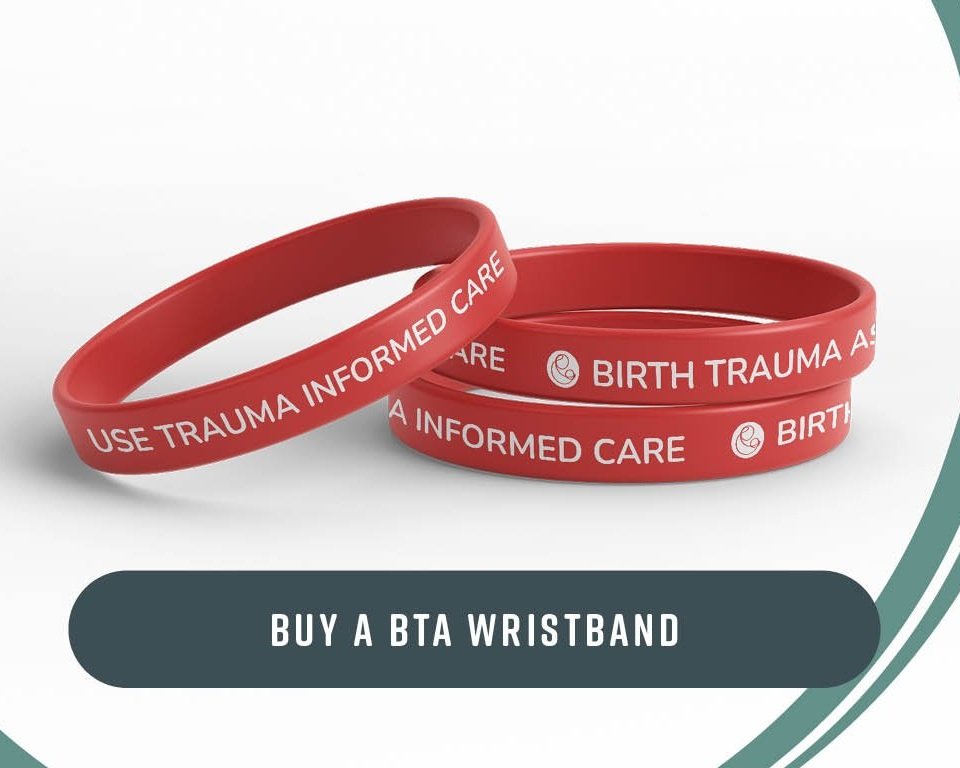
Fathers and non-birthing mothers
Fathers and non-birthing mothers are all too-often overlooked when it comes to traumatic birth.
Research shows that 1% of dads develop PTSD after witnessing birth. In the UK, that amounts to about 6,000-7,000 people a year. In the recent birth trauma inquiry, fathers spoke movingly of how hard it was to witness a traumatic birth, and feeling fearful that their partner or their baby might be about to die. They spoke of not being told what was happening during the birth, and of their distress at not being able to help their partner. They talked about how hard it was to go home alone after a traumatic birth, but not having anyone with whom they could share their story.
In the months following, that feeling of loneliness continues. Fathers are rarely asked how they are feeling, and mental health help isn’t offered. Some dads feel guilty that they are experiencing flashbacks or other PTSD symptoms when they aren’t the one who went through the trauma.
Female partners experience the same feelings, but with the added problem that they are often sidelined by the health system. Non-birthing mothers have told us that maternity professionals ignore them altogether, or ask them to leave the room, for example, when they are speaking to the birthing mother.
There is very little in the way of help for dads and non-birthing mothers, though you can ask your GP for a referral to therapy. Trauma-focused CBT and EMDR are both effective at treating PTSD.
If you would like to speak to a peer supporter about your experience, please email support@birthtraumaassociation.org.uk and ask for Steve. (We would love to have more dads on our peer support team, so if you’re interested, please email us at enquiries@birthtraumaassociation.org.uk.)
The BTA works with Scott Mair, a dad who developed PTSD after witnessing the traumatic birth of his son. Scott hosts a bi-monthly Zoom drop-in for dads on the first Wednesday of the month, from 7.30pm to 8.30pm. More details:
Book a place at the Zoom drop-in
More information for dads and partners
You can also download our leaflet for birth partners.
Here are some resources you may find helpful:
The Dad Pad: resource for new fathers, developed with the NHS
Best Beginnings: videos of fathers talking about their experience of fatherhood
Dad Matters: Organisation that supports dads with a variety of local projects
MusicFootballFatherhood: Podcast for dads on a variety of topics, including mental health It’s run by Elliott Rae, who experienced PTSD after the traumatic birth of his daughter
PANDAS: Postnatal depression charity that also supports dads and female partners
4–5%
of women develop PTSD after birth
1%
of birth partners develop PTSD after birth
All sorts of things can make birth traumatic, such as a difficult forceps birth, or an emergency caesarean, or a postpartum haemorrhage. Very long, difficult labours can be traumatic, as can short, intense ones. If your baby is born premature or ill, and has to spend time in special care, that can be traumatising too.
Often women say that the trauma of the birth has been made worse by neglect or poor communication from the health professionals looking after them. We hear a lot of stories of women being denied pain relief, or having procedures performed on them without their consent. This is particularly distressing because women feel betrayed by the very people they trusted to look after them.
Having another baby
Deciding whether to have another baby after you’ve been through a traumatic birth can be hard. Download our guide to help you think through the decision.
Sharing Experiences
Sometimes hearing other people’s birth trauma stories can make you feel less alone. We’ve made a video of five women talking about their experiences of traumatic birth. We hope you find it helpful.
NEWS & Campaigns







